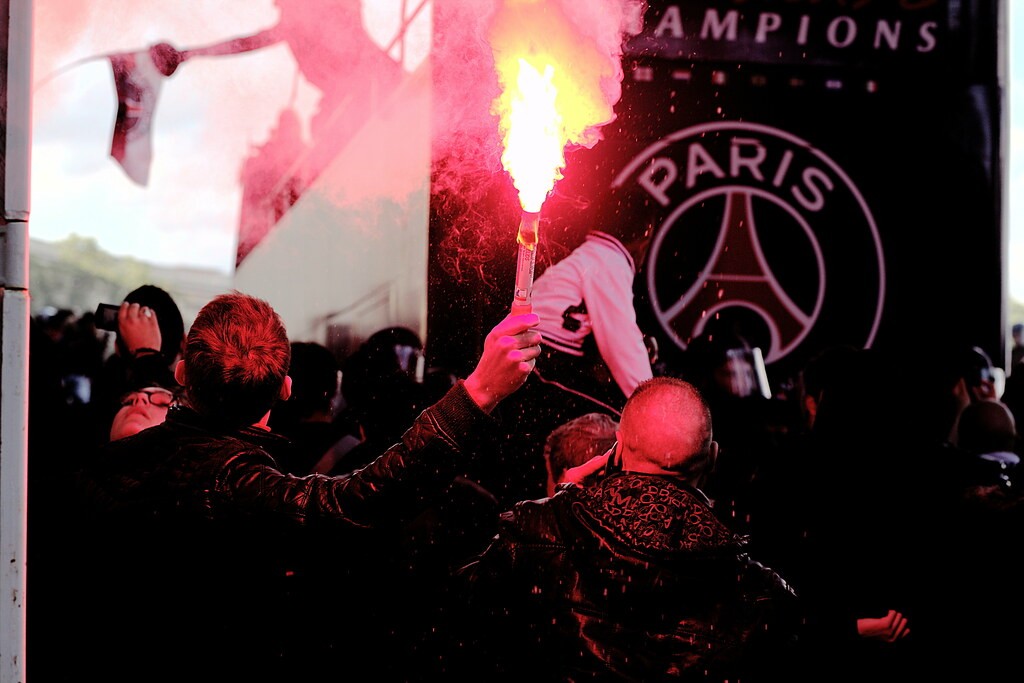What to do when presented with your streak of Champion Leagues’ losses if you are Paris Saint-Germain? Consistently, the answer comes in the form of signing the world’s biggest names, irrespective of whether the team actually needs them and then go again. Possibly the biggest transfer window in the history of European football saw the captains of both Barcelona and Real Madrid leaving on free transfers to join PSG.
The acquisition of Lionel Messi torched world football in shock and disbelief. PSG, who were bought by the Emir of Qatar in 2011, have signed the greatest player in modern history for free, and can go on to regain the league they have dominated for the past decade, and win the one they never have. And all it cost were the bodies of some several thousand migrant workers from Asia.
The football journalist Fabrizio Romano was right to say that this isn’t Fifa 22, but not for the reason he might think. This was sportswashing, at its most sickening level. PSG will now have millions of shirts with Messi’s name bought. There will be greater interest in the French league if only to see how Lionel Messi combines with Neymar and Kylian Mbappe. This is Messi and the name carries a history: he’s played with Ronaldinho, Eto’o, Henry, Villa and Suarez.
Is fifth time the charm for the heavily favored, star studded French team? There is a sort of excitement at what happens when PSG runs into an English heavyweight. Usually it’s disappointing for them – last season they were dumped by a ruthless Manchester City side, a club that is the PR project for a dictatorship of their own. City have spent £100m on Jack Grealish – a player who, despite his merits, was warming the bench for England during the Euros.
It matters where money comes from, contrary to those who argue that sports and politics shouldn’t mix, and it makes a difference that City and PSG’s wealth is derived from tyrannical origins . It’s strange to see the disconnect that exists between the outrage at the origin of football’s blood-soaked money and what that money purchases in the game.
Alongside this, there is the sense that now whoever wins, football was lost a long time ago. The amount of money around the so-called “super clubs” feels all the more unbearable when you consider the extinction of smaller clubs who still retain that sense of locality and grassroots over wealth. Whilst Manchester City have spent millions every summer to compensate for Pep Guardiola’s failure to coach a defence, a few miles away, Bury FC were going under. A proud, historic club was gone.
They weren’t the only ones. English football has seen clubs such as Bolton Wanderers, once an established name in the Premier League, threatened with dissolution. Smaller clubs have found that survival hasn’t simply meant staying in the league but staying in existence. There is no such fear for clubs at the top where the wealth is hoarded absurdly. The benches of the biggest clubs are often worth more than most teams put together.
This feeling of inequality was accentuated by the debacle of the Super League project. A cohort of elite clubs coming together to discuss a breakaway league that would have essentially killed off competition in football prompted major outcry. It was killed, put simply, by the collective fury of English football fans. People recognised the injustice of it, and how unfair it was. German clubs and PSG became, amusingly, briefly the people’s clubs because they rejected such a project even before it collapsed. And then we sat back and watched in salivating excitement as PSG killed off their local competition by signing a tearful Lionel Messi – who left a crumbling Barcelona, whose mushrooming debt can’t be contained even by its stronghold on La Liga’s TV rights.
Such disparities speak to the costs of not involving genuine football supporters in the running of the game. It’s now common to see fans of football clubs protesting against raised ticket prices; this is one of the reasons why the football culture in Germany, with its relative democratic features, is adored by outsiders. It remains to be seen whether the British government will ever act upon its promise to look at fan ownership models.
Right now, the game’s distortion by money can make it very hard to feel an emotional connection to the clubs. It’s understood that success can be bought rather than earned, that there is no fairness in which a small club can easily go bust and someone only needs to be owned by an oil-drenched state to finally win trophies. Messi is often a joy to watch play, and he might be the missing piece that leads PSG to the title. He is rightfully regarded as one of the sport’s greatest – but his final act will be to cement football’s moral decay.


